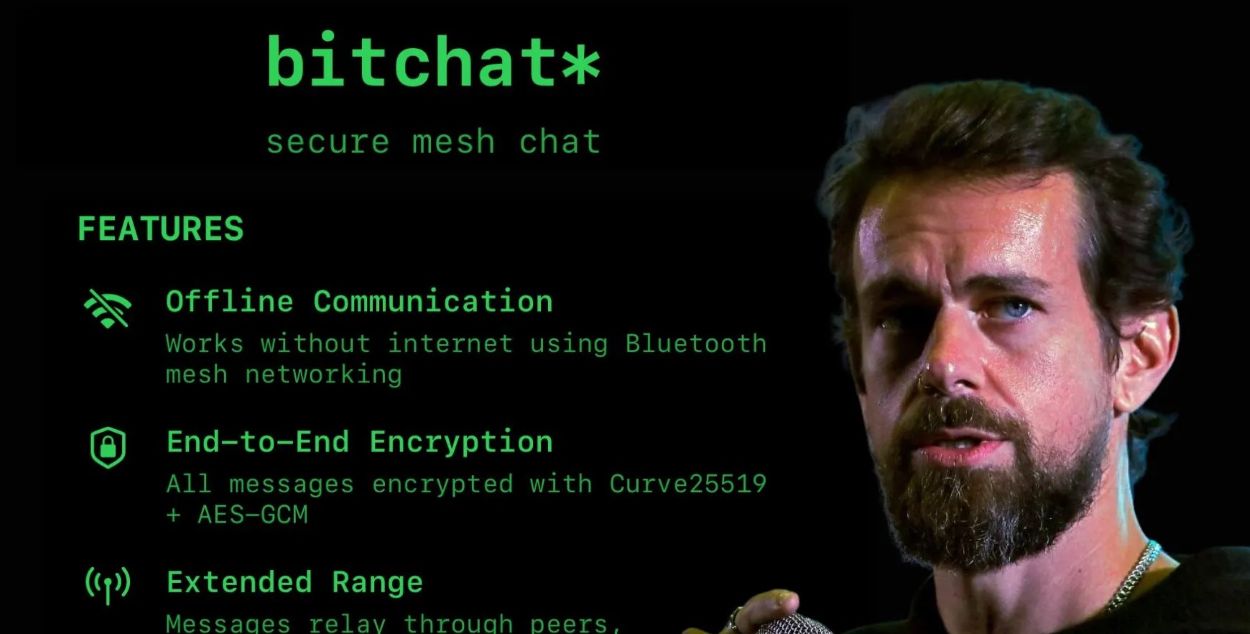On July 6, 2025, Twitter co-founder Jack Dorsey launched Bitchat, a decentralized, Bluetooth-based messaging app in beta on TestFlight, designed to operate without internet or central servers.
Bitchat, announced by Dorsey on X, utilises Bluetooth mesh networks for encrypted device-to-device communication, eliminating the need for phone numbers or servers. Messages are stored solely on devices and disappear by default, ensuring privacy. The app also supports group “rooms” with hashtag names and password protection, in addition to a “store and forward” feature for offline users. Bridge devices will extend the range, and Wi-Fi Direct is planned for future updates.
my weekend project to learn about bluetooth mesh networks, relays and store and forward models, message encryption models, and a few other things.
bitchat: bluetooth mesh chat…IRC vibes.
TestFlight: https://t.co/P5zRRX0TB3
GitHub: https://t.co/Yphb3Izm0P pic.twitter.com/yxZxiMfMH2
— jack (@jack) July 6, 2025As per TechCrunch, Dorsey’s advocacy for censorship-resistant communication, inspired by the apps used during the 2019 protests in Hong Kong, aligns with his support for decentralised platforms like Damus and Bluesky. Bitchat’s design intentionally avoids centralised infrastructure, such as that of WhatsApp, and prioritises user privacy in the $200 billion messaging market.
Jack Dorsey unveils “Bitchat,” a new Bluetooth-based messaging app.
No Wi-Fi. No cell service. Messages hop peer-to-peer, up to 300 meters.
Fully end-to-end encrypted. pic.twitter.com/rAJNg53RDI
— TFTC (@TFTC21) July 7, 2025Bitchat’s launch comes at a time when concerns about internet shutdowns in regions like Pakistan are on the rise. It provides a solution for areas that frequently experience outages. With 500 million users of messaging apps worldwide, its Bluetooth model effectively counters surveillance, especially in light of 150 global internet blackouts reported in 2024. While critics point out potential limitations in range, testers have praised its reliability, positioning it as a strong competitor to Meta’s WhatsApp and Messenger.






